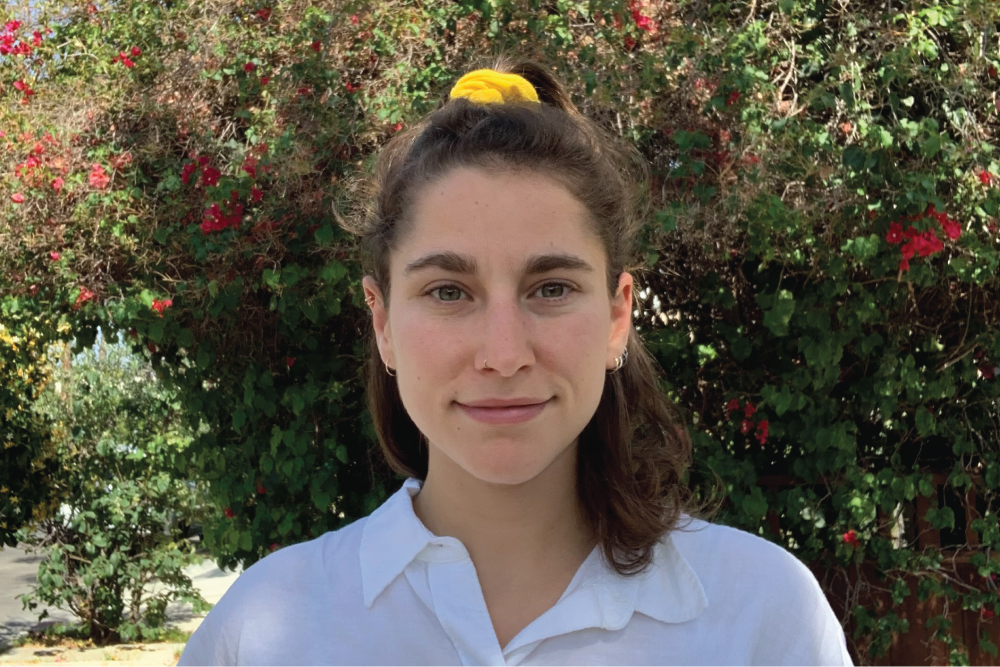Zoe Frumin

Biography
Zoe is an urban planner focused on urban green space and equitable development. Prior to graduate school, Zoe worked on a series of park projects in Seattle and Los Angeles, studying who uses public space and thinking through how those spaces can be managed and designed to be more inclusive and vibrant.
Zoe graduated from the University of Washington with a Bachelor of Arts in Community, Environment and Planning, and is currently pursuing her master’s degree in Urban and Regional Planning at the UCLA Luskin School of Public Affairs.
Project Overview
For my project, I’m collaborating with a classmate to build a toolkit for more equitable park design with the goal of guiding public realm design to be more inclusive of all users. A big park of my research will involve street vendors. These vendors provide a significant public benefit to the public realm, but are routinely criminalized for conducting business in parks. I am interviewing park designers and vendor advocates to come up with a set of recommendations for ways that the public realm can be more inclusive of vendors, encouraging safe consumption and sale of goods.
Why is this topic, specifically, important to you?
Since starting school, I have been captivated by the challenges of green gentrification. Low-income neighborhoods have been ignored and are in need of quality public green space to enhance quality of life for residents, but when these investments happen, they often spur gentrification and displacement, ultimately failing to serve the very residents they were intended to serve.
I have been curious, alongside other anti-displacement protections, is there a role for street vending to play in combating gentrification of these neighborhoods? Street vending can provide flexible work for low-income residents, maintain neighborhood character, and preserve a sense of ownership for residents and vendors alike. Through this project, I hope to learn more about how park designers and advocates can help protect these vendors and make their lives easier.
Who are the partners involved in this project and how will you be working with them?
My client is KDI, a local urban design firm that designs value-driven public spaces.
How do you hope that this project will impact the field moving forward?
Through this project, I hope to contribute to the conversation about the role that the informal economy can play in the public realm. It is my intention to create a straightforward set of recommendations to park designers about how they can better support vendors in their projects moving forward.
Fellow at a Glance
FELLOWSHIP YEAR
ACADEMIC BACKGROUND
PROJECT TITLE
